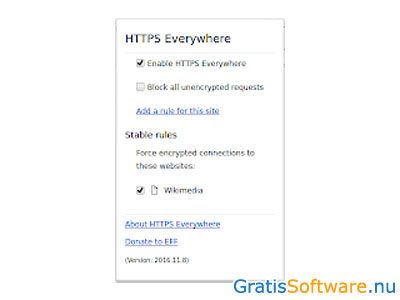

The installation package is then unnecessary.

Software installation packages typically unpack the actual software files or download the ones you need, and store those elsewhere, creating system links to the working files. If you move or copy an executable to somewhere else, any shortcut will need to be updated to point to where it is. To run them, you either go to the directory where they are, issue a command that includes the path to where they are, or create a shortcut of some kind that knows where the executable is located. You can do that in the download directory or move them somewhere else.

If you open a file with your software while it is still in the Downloads directory and later move it somewhere else, the Recent Documents will still point to the old location and won't find it there.ĭirectly executable programs don't get installed, you just run them. The only thing to be aware of regarding moving or copying them is re-accessing a file from the history (e.g., Recent Documents). Those files remain there unless you move or delete them.ĭocuments, media files, and the like can be used regardless of where you put them. The download directory receives all kinds of files-documents and media files, executables, software installation packages, etc. You can change it if you want, but the empty directory takes up no space, so there is really no need to delete the directory, itself. It's set as the default download location so users can start using the computer without needing to configure that. Since downloading is such a common action, the popular operating systems (you don't mention which one you use), include for convenience a directory called Downloads in the installed directory structure. So to give you a safe answer, let me start with some context. For example, your question refers just to programs, but the Downloads directory is used for more than that. But your wording is a little ambiguous and there are a couple of caveats. From your description, you can probably delete the files in the Downloads directory without affecting anything.


 0 kommentar(er)
0 kommentar(er)
